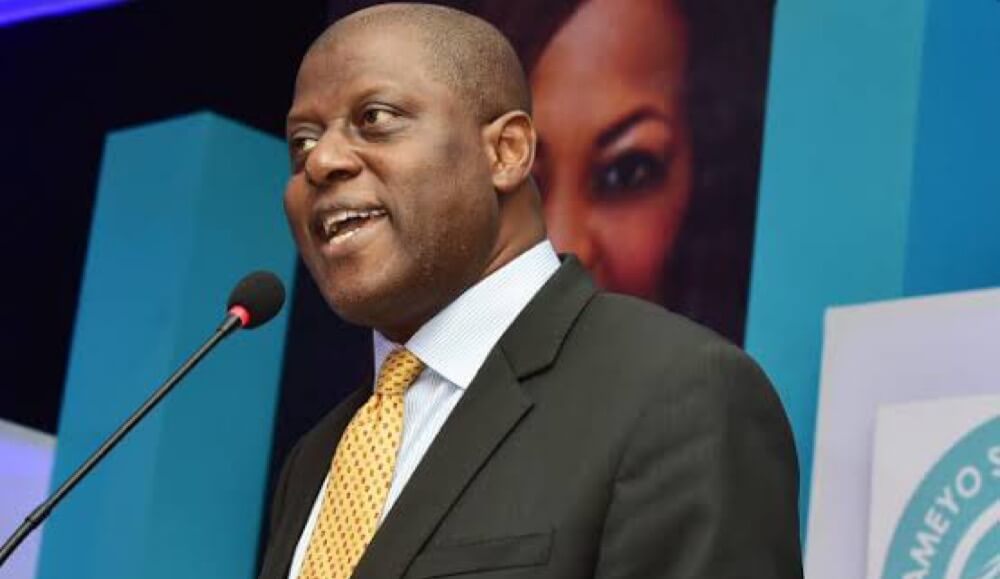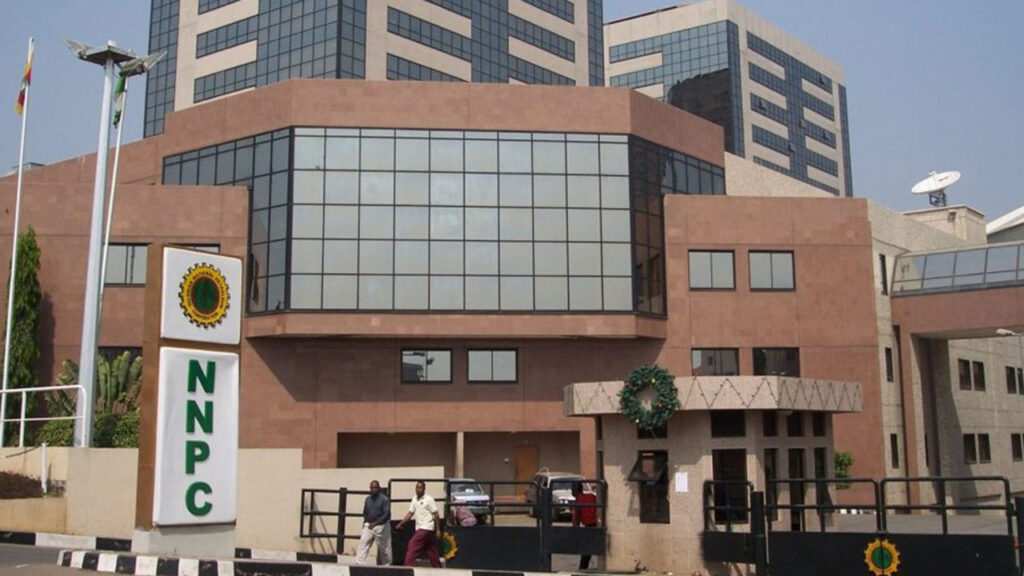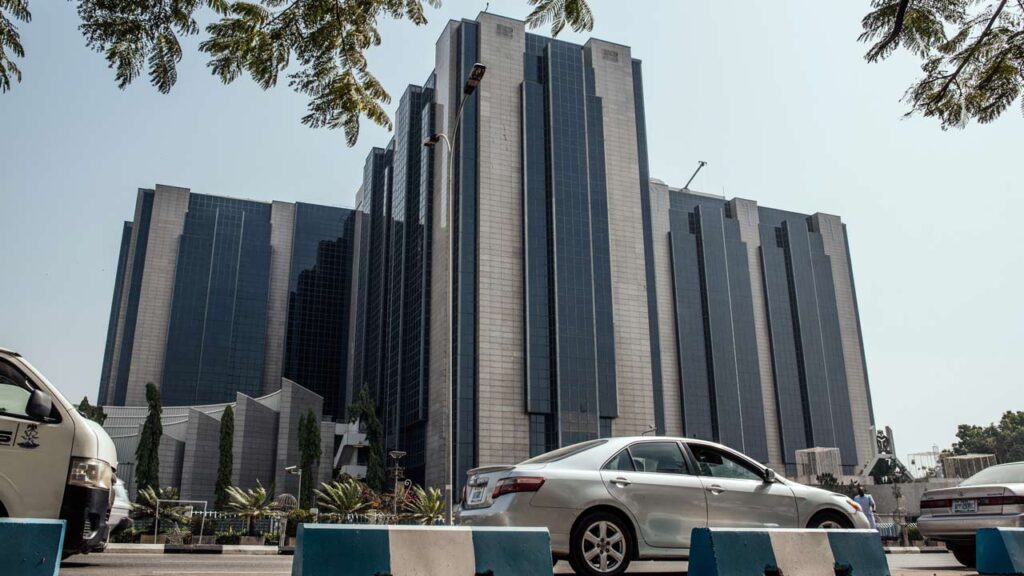
The Managing Director/Chief Executive Officer of Financial Derivatives Company Limited, Bismarck Rewane, has emphasised the need for the federal government to tackle institutional challenges to realise stable and sustainable growth in the maritime sector.
Rewane highlighted the importance of addressing corruption, enhancing integrity and improving transparency, particularly at ports and terminals, to foster investors’ confidence in the sector.
He stressed the necessity of upgrading port facilities, connectivity, and logistics infrastructure for efficient operations. Speaking yesterday at the second Maritime Breakfast meeting organised by the Nigerian Maritime Law Association (NMLA) in Lagos, Rewane called for the harmonisation of maritime activities and vigilant implementation monitoring.
He suggested tax concessions for investors and advocated cooperation between the public and private sectors in establishing key infrastructure. Rewane also emphasised operational reforms to spur technological advancements and ethical business practices within the sector.
Rewane outlined several challenges facing the maritime sector, including inadequate financial support, inconsistent government policies, insufficient port infrastructure and the dominance of foreign companies in cargo transportation.
He noted the lack of skilled professionals, political hesitancy in enforcing regulations, exchange rate fluctuations and the scarcity of dollars as factors complicating trade transactions.
Also, Rewane pointed out the impact of rising customs duties on operational costs for importers and exporters. Highlighting the economic dependence on import and export volumes amidst exchange rate volatility, Rewane mentioned that Nigerian seaports handle approximately 95 percent of vehicular means in international trade.
He elaborated on how port congestion, traffic gridlock, and delays escalate costs, insecurity, and loss of trade, leading to cargo diversion to neighboring countries like Benin Republic and Togo.
These, according to him, not only result in lost government revenue but also increase handling costs, consumer goods prices, and disrupt production company operations, consequently decreasing employee per capita income.
Rewane criticised the cumbersome cargo clearance procedures at Nigerian seaports, plagued by corruption, smuggling, and manual processes by both state and non-state actors for personal gain.
He stressed the need for urgent government action to address these challenges, including infrastructure development, regulatory enforcement, policy harmonisation, exchange rate stability and customs duty moderation to facilitate trade.
President of NMLA, Funke Agbor, linked maritime industry growth to overall economic advancement through effective leadership, policies, and strong institutions.
She emphasised the critical role of a robust institution in sustaining growth and development, highlighting the challenges posed by foreign exchange volatility and port inefficiency on importation levels.
Agbor also discussed the federal government’s revenue generation efforts, underscoring the importance of properly capturing taxes to support infrastructure development, including water and power supply, to boost both the maritime industry and economic growth.













